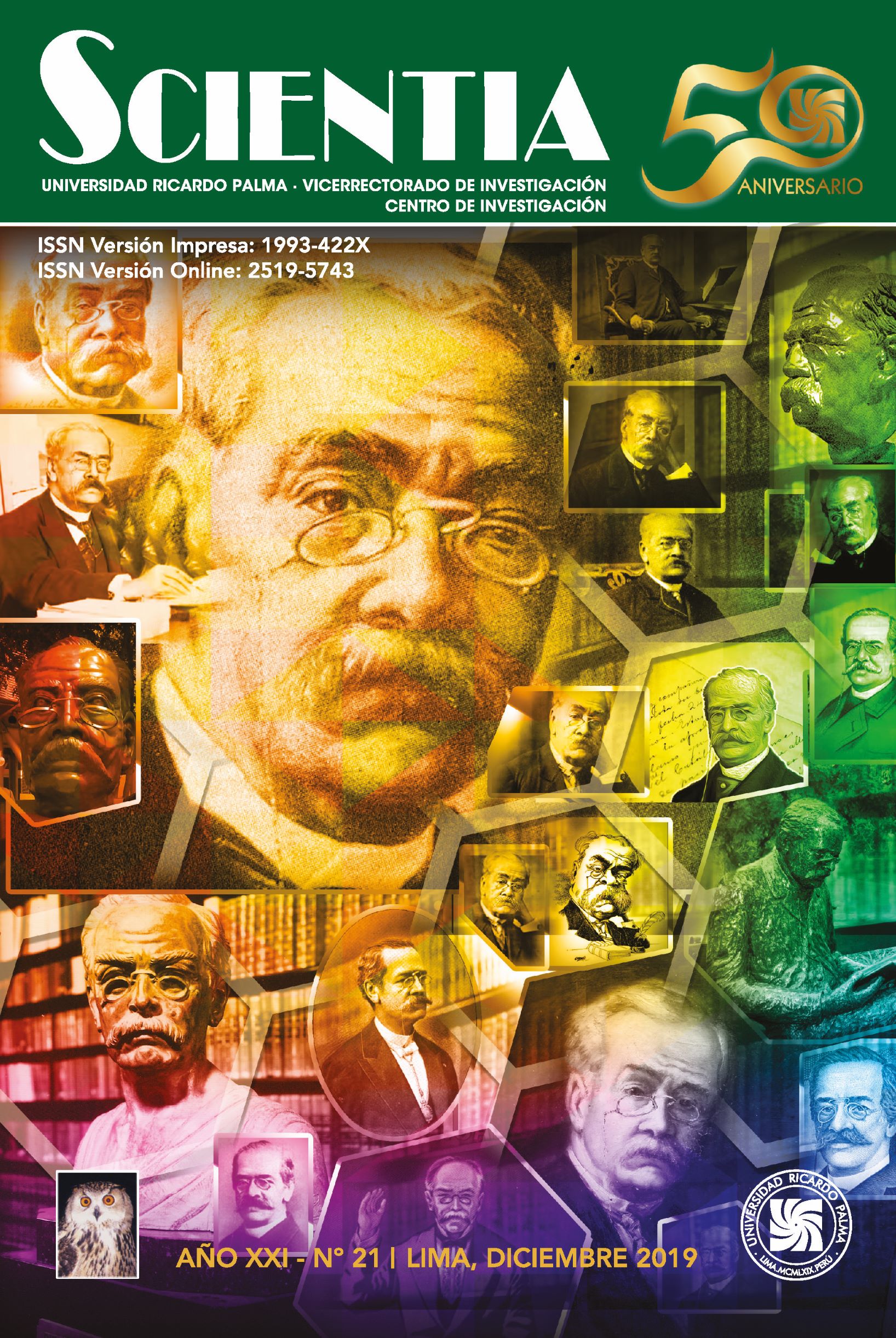COLONIAL IMAGINARY IN THE FILM KUKULI (1961) A READING OF THE PARATEXT
DOI:
https://doi.org/10.31381/scientia.v21i21.2717Keywords:
Andean Cinema - Cinema Club Cusco - Imaginaries - ColonialityAbstract
The School of Cusco, articulated around the famous Cinema Club Cusco (founded in 1955), has been recognized by, from a will to demand, to have incorporated the Andean world into the national cinema; world, at the time of the release of the film, unknown to film practice. Kukuli (1961), the first feature film spoken in Quechua, directed by Eulogio Nishiyama, Luis Figueroa and César Villanueva, has become a foundational milestone in Andean cinematography. However, the contradictions in this film emerge, because
although it offers a valuable approach, through audiovisual discourse, to the Andean world and its Quechua inhabitant, it channels, at the end of the day, a solidary look that updates colonial imaginaries. Our research will demonstrate the survival of this view from the study of the paratext in the film in question. For this we start from the theoretical apparatus related to cultural studies, added to the textual analysis.





2.png)



